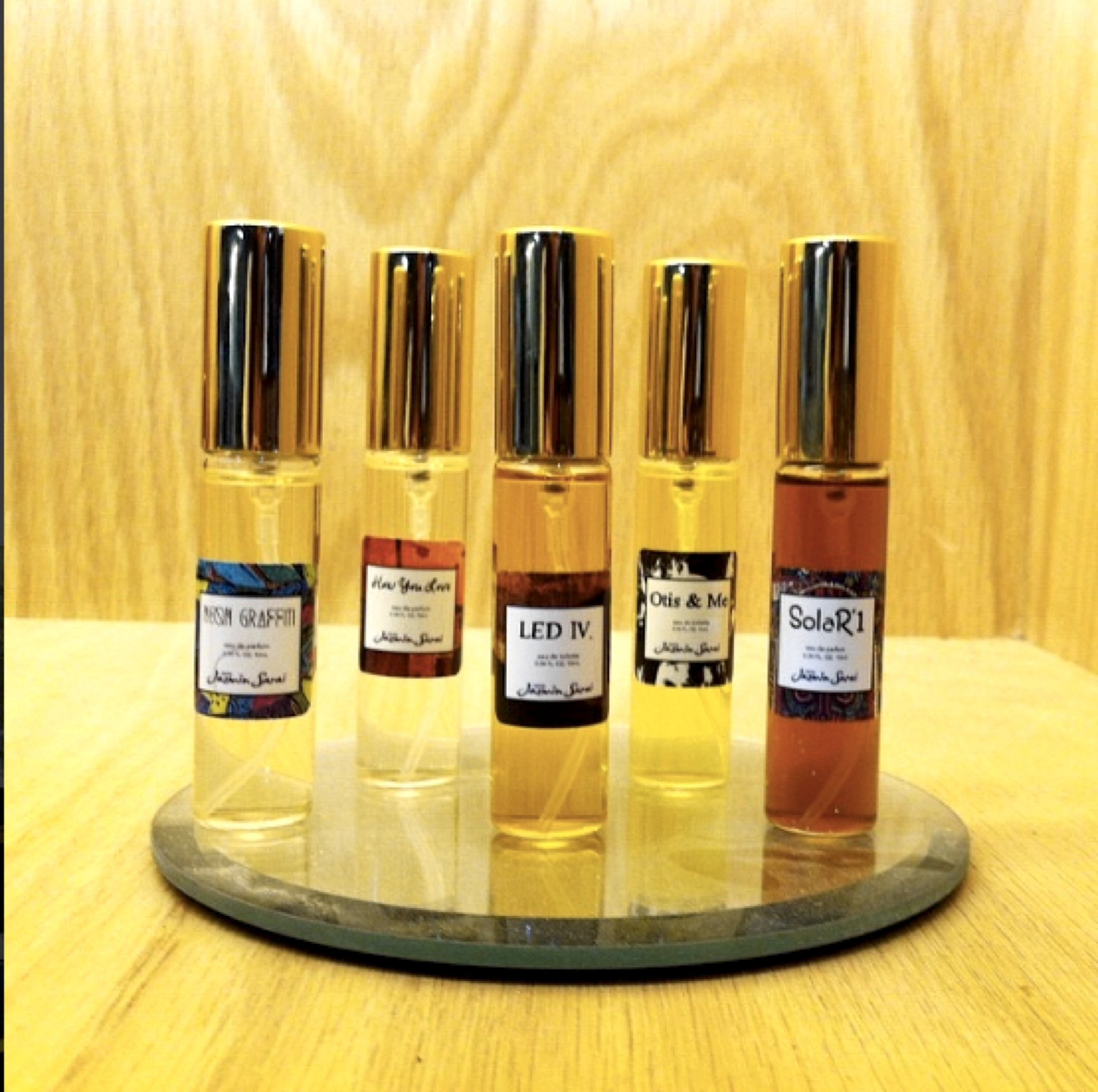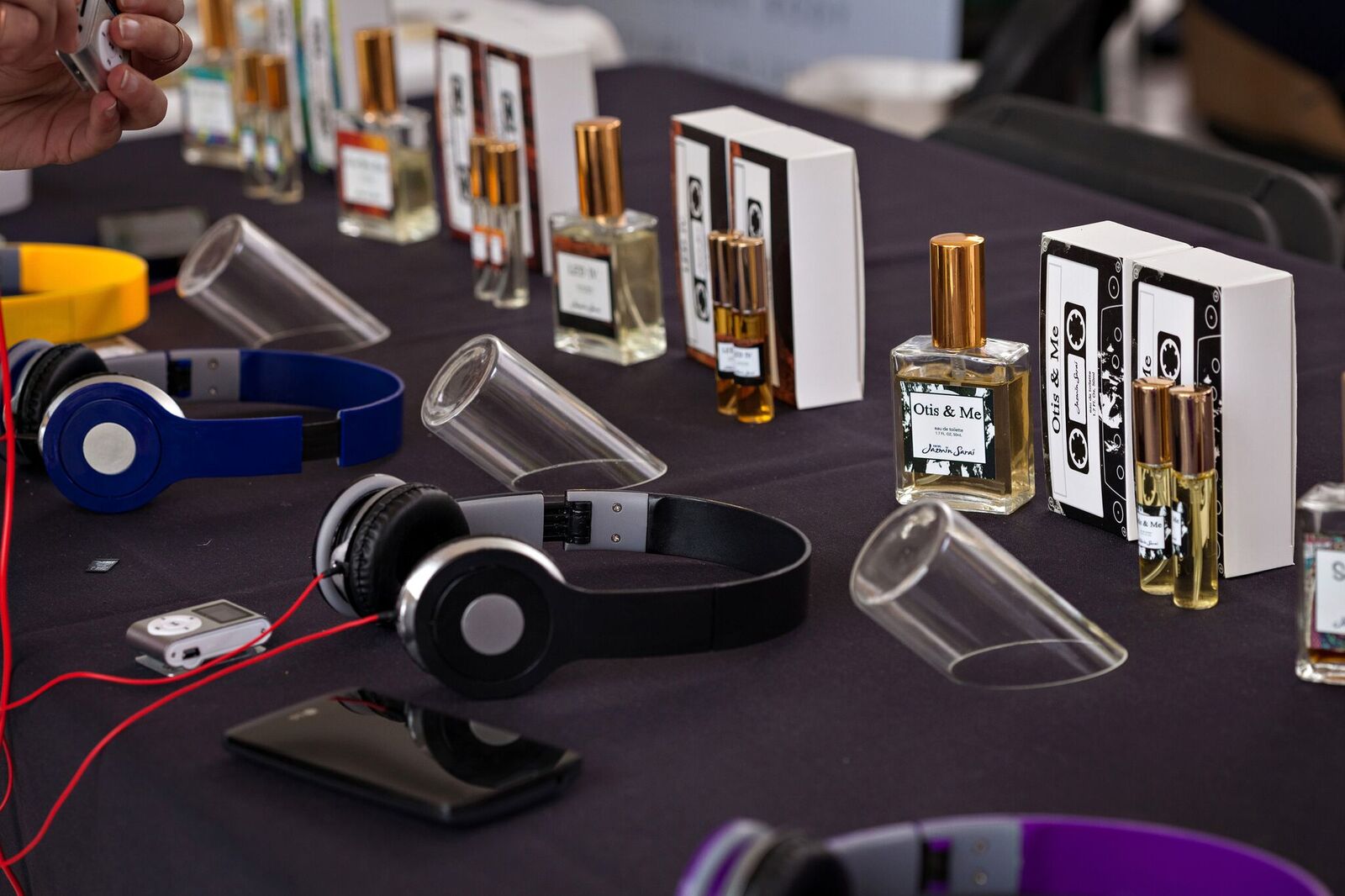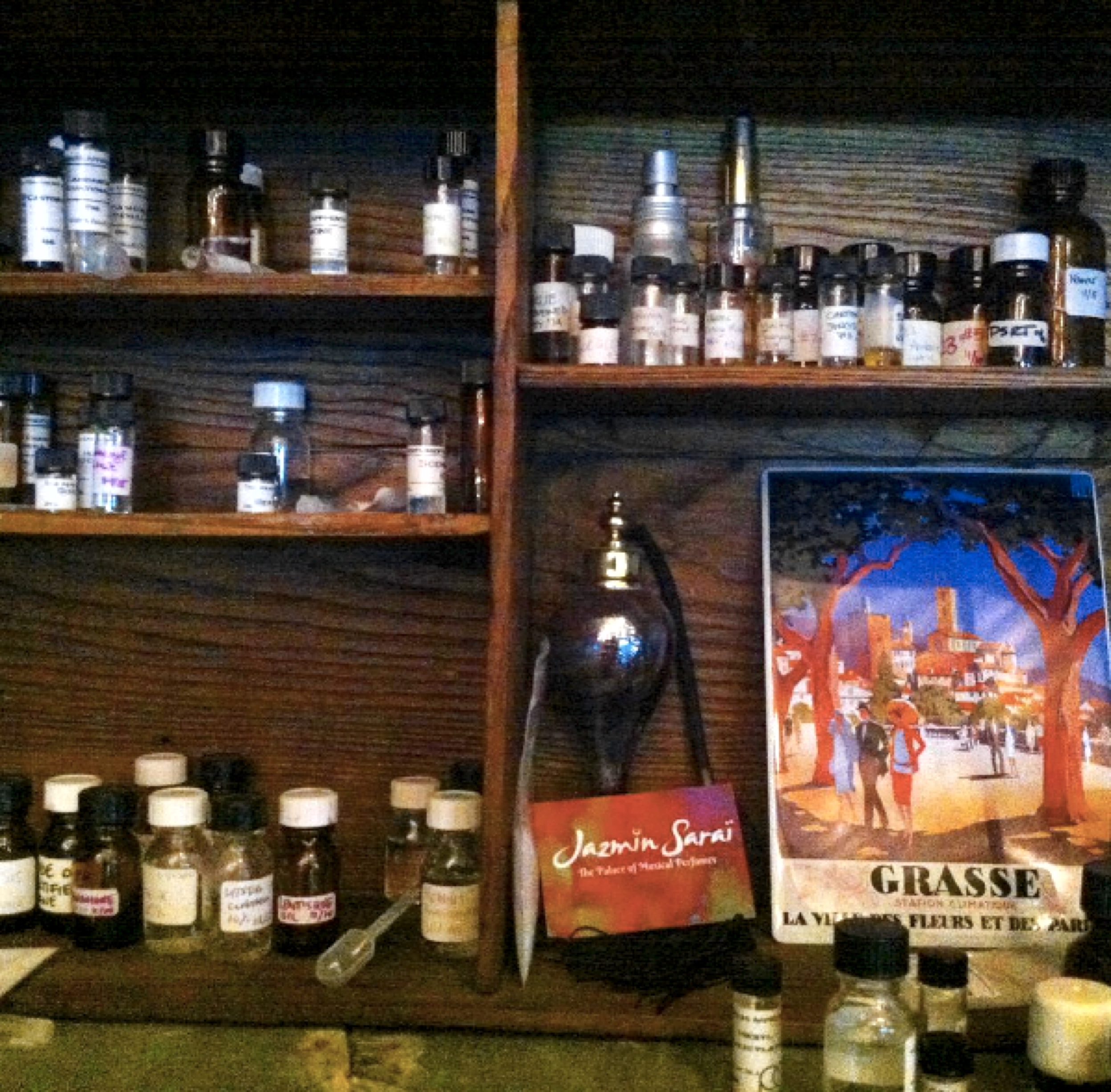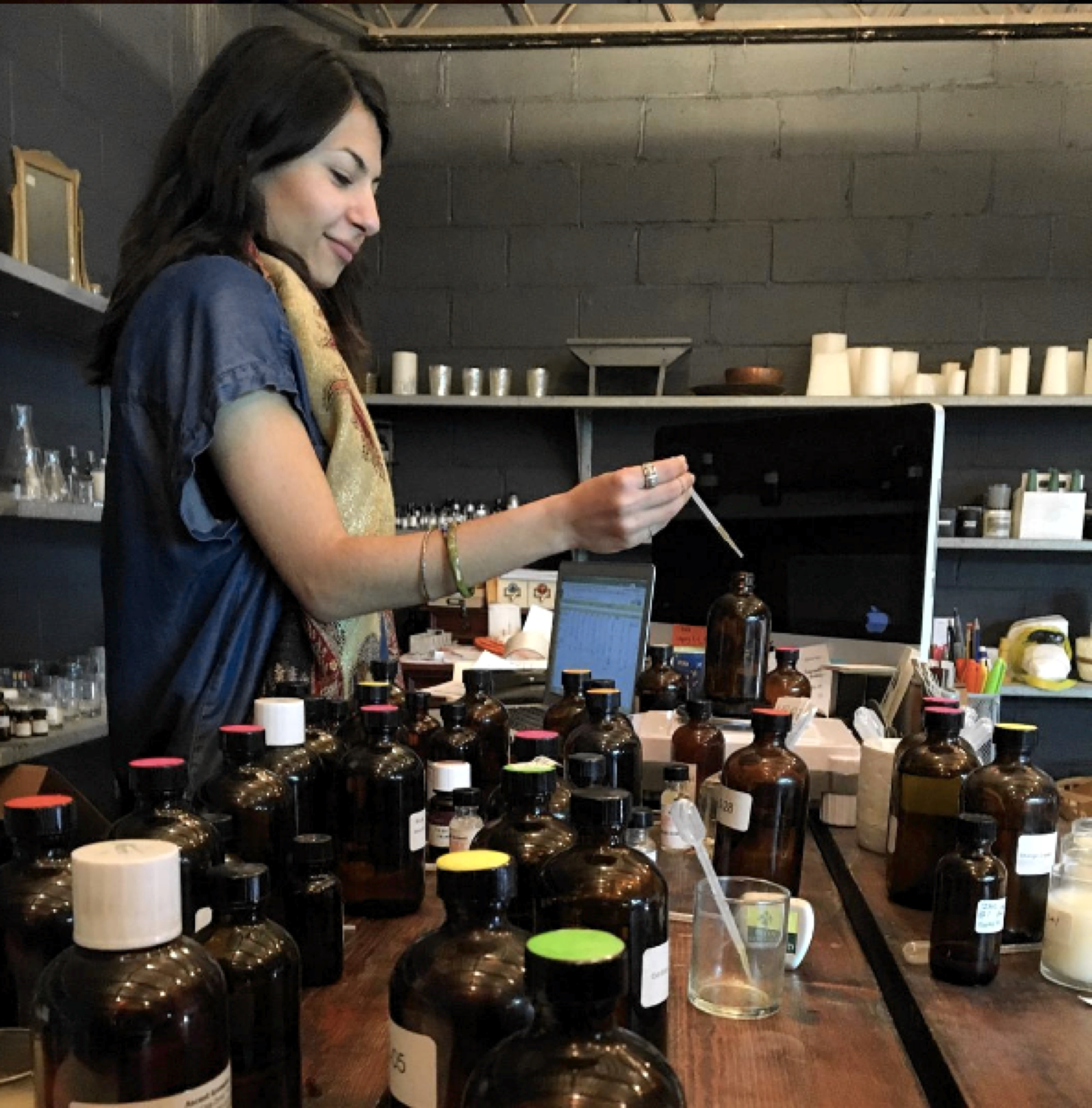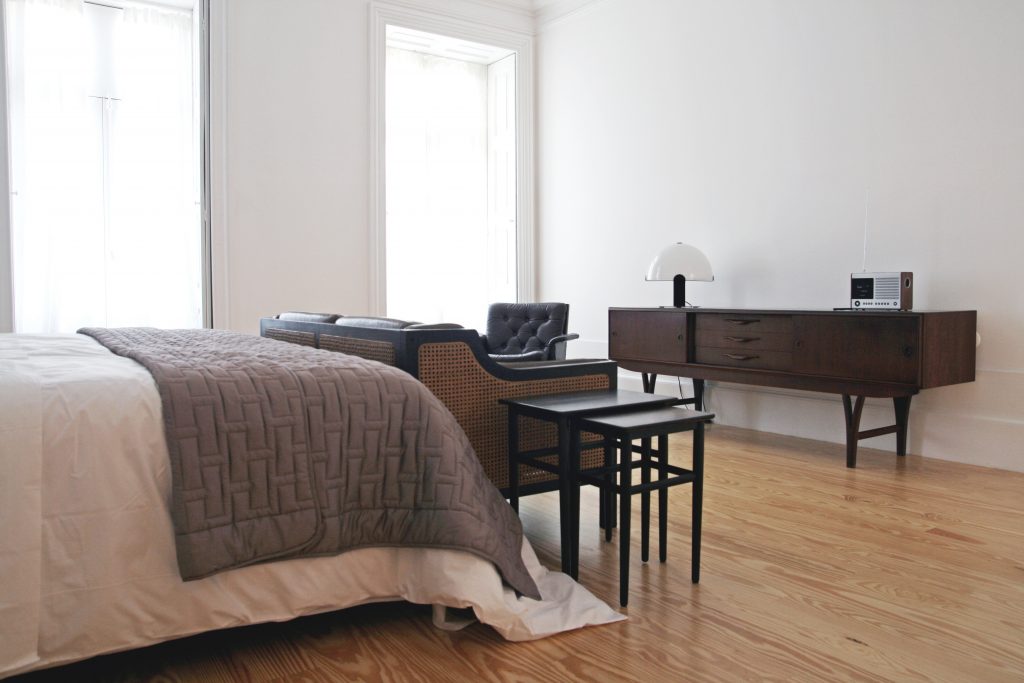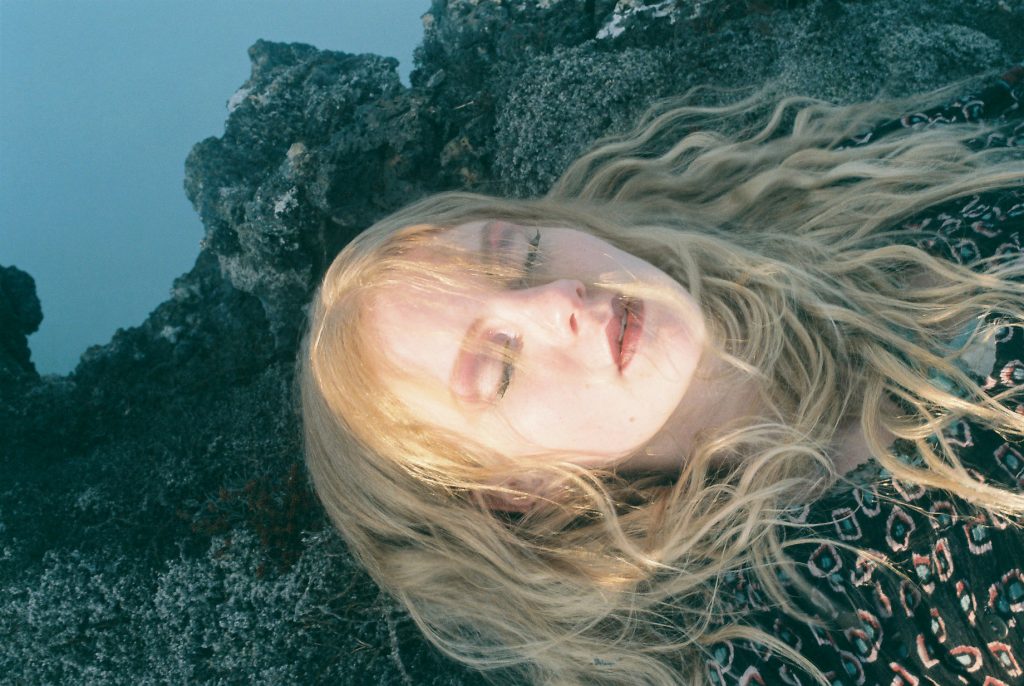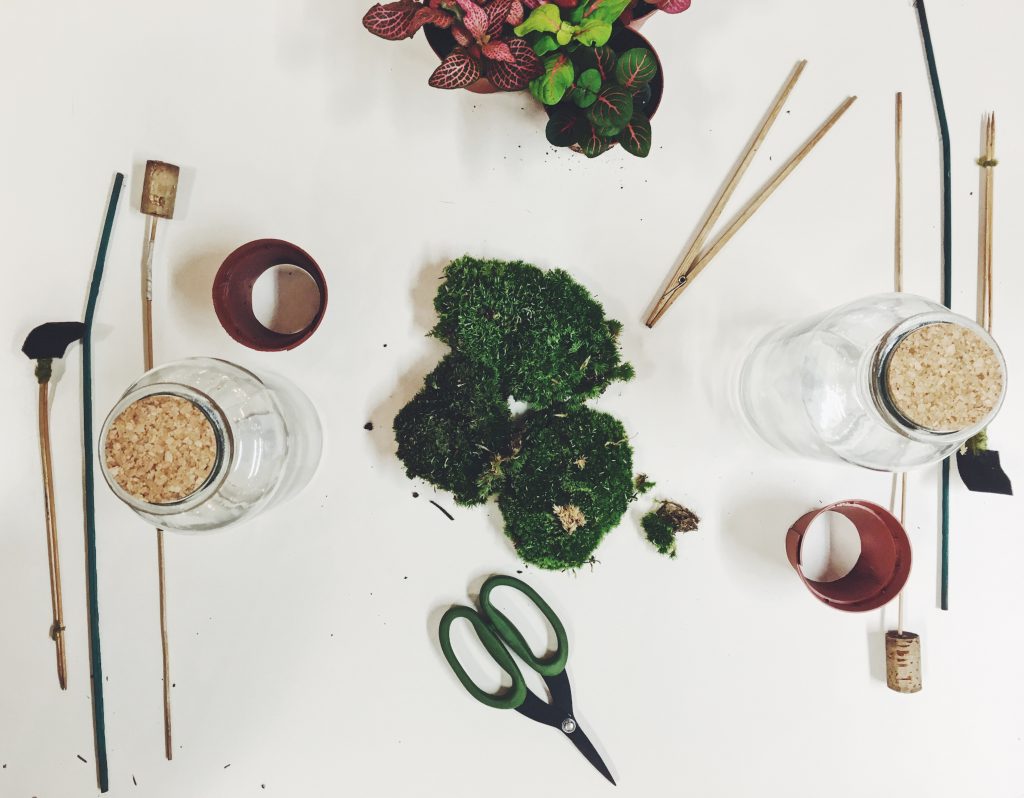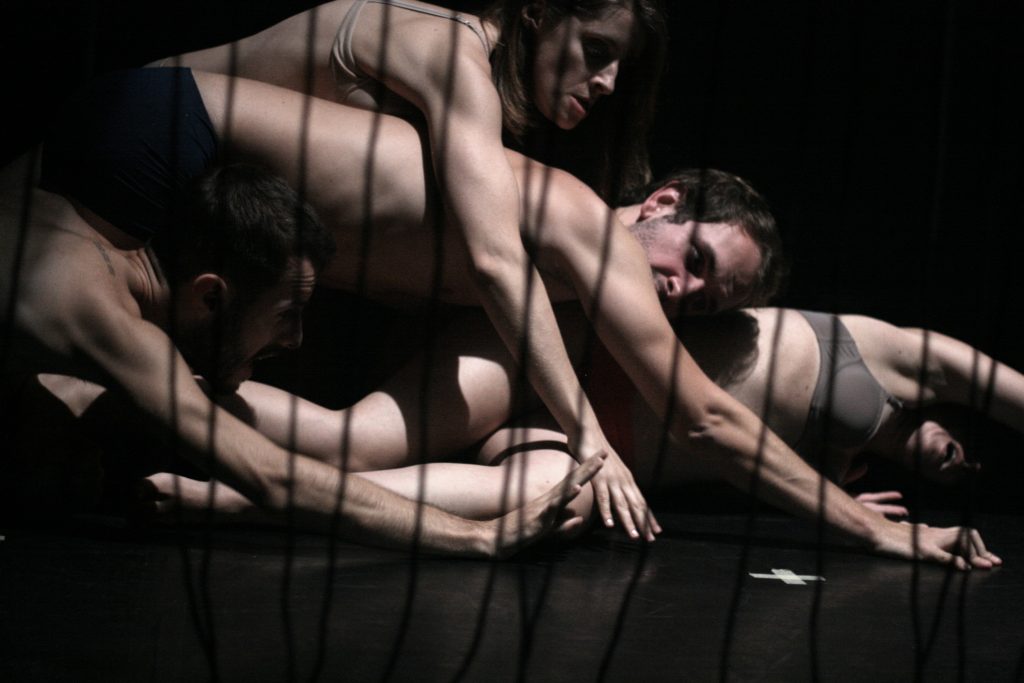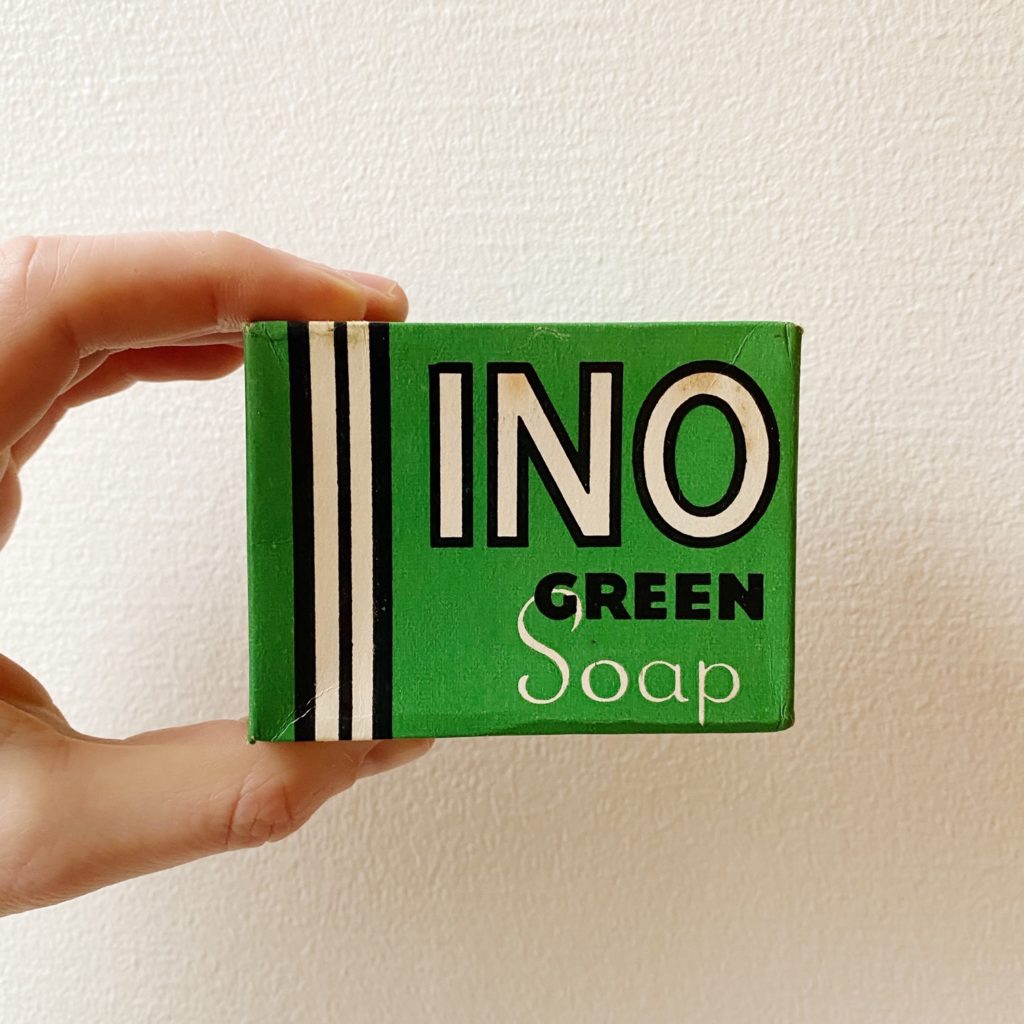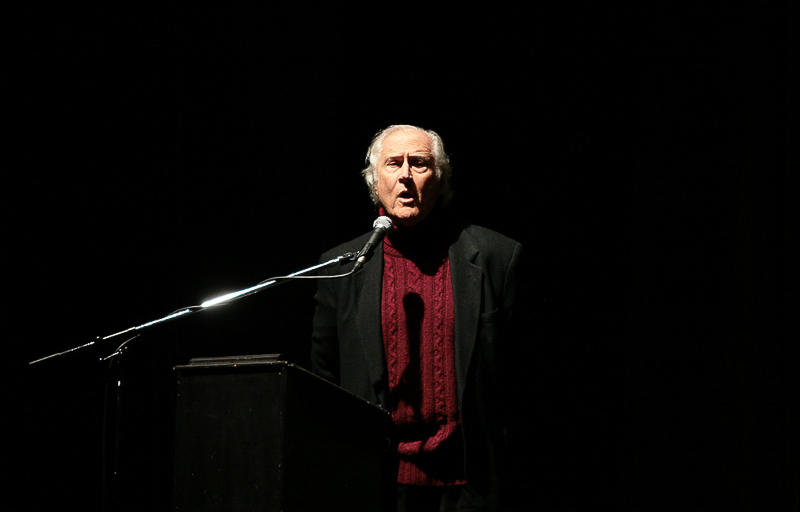Interview with perfumer Dana El Masri
By Kathy Compton
In today’s entrepreneurial climate, many more of us now have access to the channels and resources in which to produce unique creations that perfectly correlate with our particular set of talent, insight and values. While a wonderful opportunity, this in turn has created increased volume and competition for our attention. The result is that often within this vast selection, the unique quality becomes so slim it is virtually undetectable. Quelle tragedie.
Thankfully there are some creative superstars out there to keep the game fresh- cross pollinating, multi-discipli-narrating (why not?), and ready to make us go ‘WOW!’ with the stuff they make.
Enter Montreal based Dana El Masri, who, classically trained in Grasse, France, has recently released Jazmin Saraï, a niche perfume line that merges scent with sound. Dana’s interests have placed her on a fantastic journey- interpreting songs, rhythm, melody and beats, and then translating them into perfume. Intrigued? We at New Heroes were, so we asked politely and Dana in turn kindly answered some of our most pressing queries. As follows-
NHAP
You’re fabulous. Please introduce yourself to our readers:
DEM
Hi! I’m Dana. I’m an indie perfumer, olfactive writer and singer. I was born to an Egyptian mother and a Lebanese father but when people ask me “Where are you from?” I say I’m from Planet Earth because I’m from everywhere and we are all connected.
NHAP
We ARE connected. It’s a true story. Where did you grow up and what is your first memory of smell that made you want to devote your time to its exploration?
DEM
My first scent memory would be the scent of gasoline at the airport in Beirut when traveling at four.
I grew up in Dubai for the most part, before moving to Montreal. I would say the scent of jasmine has always had an effect on me and pushed me further into the direction of perfumery when I was ready to see the path meant for me.
NHAP
From that moment, where did the journey take you?
DEM
It took me into a whole journey of self-discovery with an awakening to smells everywhere. I had always had strong scent memories but didn’t look at it from a technical, scientific, cultural or social perspective, which is a whole other ball game. I went into intense research and awareness mode, which is also how I found GIP (Grasse Institute of Perfumery).
NHAP
Grasse, France is well associated with scent and perfume. What was it like living and studying there? How long did you study and what were some of the classes you took, or, in other words, what facet of the education had the greatest impact on you?
DEM
It was like no other experience I have had. I was there for an intensive year course. Grasse is interesting, beautiful and obviously perfume-centric. It’s a small, quiet town full of history, blooming with flowers and festivals in the summer.
Our classes ranged from learning about natural and aromatic chemicals; sourcing; regulations; marketing; chemistry and of course, creation.
The whole process impacted me on a deep level and living in Grasse, meeting all the people I did, learning from the experience, smelling all the beautiful ingredients I had access to…I’m forever changed.
NHAP
You have recently released a series of scents inspired by music, called Jazmin Saraï. Please share with us how that came about, including the process in which you approach transforming a sound into a scent.
DEM
I kept finding connections between scent and music when I was in my research days. While at school, these connections became very clear and with my intense love for music, I felt the need to explore the idea further.
I believe I have different forms of synesthesia (for more info: https://en.wikipedia.org/wiki/Synesthesia), or at least a strong sense of intermodal perception. Some things didn’t make sense to me growing up (days of the week had different colours, and I could smell sounds out of the blue). When I found out about synesthesia and I read about how other artists had forms of their own, I realised it was something I was meant to bridge together and express in my art.
It’s hard to explain but when I hear a sound, it has a specific smell. Synths always smell like incense to me for example; metallic, sharp, straight. When it comes to songs, they are all these sounds put together harmoniously to create a whole experience. Perfume is the same way.
NHAP
This sounds like a wonderful compliment to enhance sensation and creativity. Speaking of shared senses, can you please speak more about how our senses work together, and influence us?
DEM
I mean, our senses are paramount to how we perceive the world. When we go outside into the world, our mind tries to make sense of everything we are experiencing. Our thoughts play a role in deciphering each stimulus and each sense brings about another angle of the environment. A scent that you don’t like for example, could influence your mood. The important thing is to observe those thoughts and try to be present in the experience that your senses are bringing to you.
NHAP
Scents and sense of smell are so closely linked with memories; perhaps the most closely linked sense with memory. Being so intimate with subtle differences in smells- does that imply you have a greater entry into your collection of memories?
DEM
Every one is different, but I did notice that I got to know myself a lot better once I was in perfume school. I would smell ingredients that triggered memories I had buried deep within me. I would have to face and embrace the memory whether it was positive or negative and it helped me grow as a person as a result. Now, I try to be aware of any memory triggers and it’s a lot of fun! It’s like going back in time for a split second, exhilarating actually.
NHAP
Speaking of memories- for a recent project you were working on, you posed the question- Why aren’t we focusing on poly sensory experiences more?
Reading that prompted me to be reminded of magic markers that smelled like blueberries and scratch and sniff stickers. Can you elucidate on what you mean about the lack of poly sensory experiences?
DEM
I can’t give you an exact time as to when we stopped focusing on that but I would say it has gotten exceedingly difficult since the invention of the internet and our focus has shifted to audio-visual media more than anything because that’s what is predominant in our society. We’re inundated with an excess of visual stimuli without engaging the rest of our senses in the process.
What I mean by that…is we get lost in the non-tactile, non-sensory world. We are more separate from each other because of technology (loss of touch), we can’t smell media (we can only smell things in real life), and we can’t taste what we see either. Our brain does send us all kinds of signals when we see food, of course, but there is no direct access.
So we’re always watching something, getting lost in the idea of the image and not experiencing things right in front of us as much. Smell brings you awareness, mindfulness, more time to be in the moment. Everything is going so fast and we don’t have a second to stop and appreciate our senses actually working. There’s a reason why ‘stop and smell the roses’ has lasted this long.
NHAP
That makes perfect sense- and offers an important reminder- that mindfulness is so closely related with our senses. It is in our best interests to care for these sensitivities, lest our senses lose their strength- through lack of use!
Because it is such an integral component of your work (and sets you apart from so many of your peers) can you tell us more about the role that music has played in your life and career, along with its pairing with scent?
DEM
Music has always been a very big part of my life; perfumes have also been integral to who I have become along the years. Both scent and sound are mediums that connect deeply and directly with emotions. They’re intangible, invisible and transient. There are many similarities in terms of composition too; everything needs to be blending seamlessly in order to make an impact. We also do not have time to intellectualise scents and most sounds; we just feel them instantly without too much thought. In my collection, I translate rhythm, timbre, pitch, and tempo, all of it into perfume.
NHAP
You mention a 3 point connection between scent, music and culture. Please give an example of that in action:
DEM
Jazmin Saraï! This is where I have merged all three. Sounds expressed through scent. Saraï means ‘palace’ in many oriental cultures. A palace has many rooms. Here I explore new artists; it isn’t an accident that I have chosen songs by artists from various musical genres and different cultural backgrounds. I intend on exploring that further in my future collections.
It is also how I live my life, I feel like I represent that connected triangle too. My days are always very scented, I have music all around me and I love culture, strengthening my own sense of it, understanding different perspectives and how it applies to others around me.
NHAP
Your work includes collaborating with musicians and performers to create unique sensory experiences- a wonderful concept. What has the public reaction been on these occasions?
DEM
A few interesting reactions so far! I notice that people love participatory experiences more and more. So with the last experimental show I had for example, we had cotton balls soaked in scent, attached to fabric…they were invited to pick them off one by one as the singer expressed her song. They seemed to enjoy being a part of the performance, and they seemed to be surprised at the olfactory element to the piece.
Otherwise, it has mostly been interest. People are like… ‘whoa I never thought of that before!’
NHAP
In your (award winning) piece “Flower Power: Scent, Identity and Culture in the Middle East” you mention that the middle East, North Africa, Turkey and Persia are all regions where scent and smell plays a large historic role. Would you also venture to say that these regions are more advanced regarding sensory design and experience? Could you offer any examples of places that are making good strides in this area of expertise?
DEM
I believe these regions are more advanced in their awareness more than anything. Since scent is such an integral part of Middle Eastern culture, i.e. language, ritual, and every day life. I think they’re more open to sensory design and experience. However in terms of actively focusing on using sensory design as a way to communicate, there may be. I don’t currently live in the region so I can’t say for sure… It is the future, it will happen eventually.
I think sensory design work is currently more prevalent in Sweden, Switzerland, parts of Germany, and The Netherlands in fact! There are some very cool, innovative technologies popping up as well as sensory design within art contexts, it’s fascinating. Peter du Cupere, Odo7, Maki Ueda, among others.
NHAP
If readers were interested in learning more about the power of smell and the strength and impact of our senses, where might you direct them?
DEM
Avery Gilbert’s ‘What the Nose Knows’ and Diane Ackerman’s ‘A Natural History of the Senses’ are both good places to start.
NHAP
What are you looking forward to working on next?
DEM
I’m excited to work on my Arabic collection, I’ve been formulating for a while and there’s still quite a bit to go. Also, I’m definitely looking forward to more collabs with other artists, expressing scents in unexpected ways.
NHAP
Thank you for sharing Dana. We look forward to tracking your progress and cheering you on. Stay in touch!
To our readers! Below you can buy Dana’s limited edition perfumes, read her written articles on scent and culture as well as connect with her directly via social.
Buy:
Dana’s website (international): www.jazminsarai.com
UK: London, Bloom Perfumery
North American: Canada- Indiescents, Maison Fusion, Etiket, General 54 & Arterie Boutique (Montreal)
Read:
Dana’s magazine published articles:
“Flower Power” (Reorient magazne): www.reorientmag.com/2015/11/scents-middle-east/
“Reflection Eternal “(Odou Mag): http://thejasmineawards.co.uk/lib/kcfinder/upload/files/ODOU-Issue-3-Dana-El-Masri%281%29.pdf
Connect:





